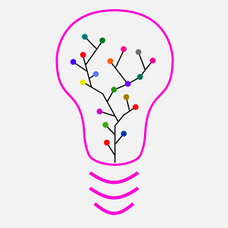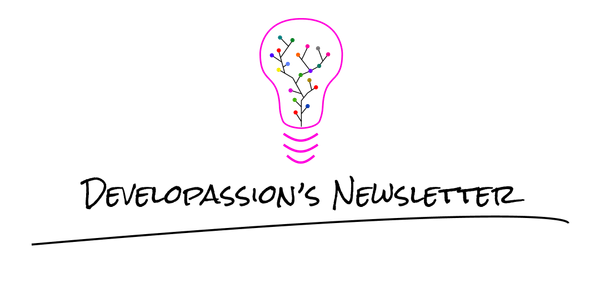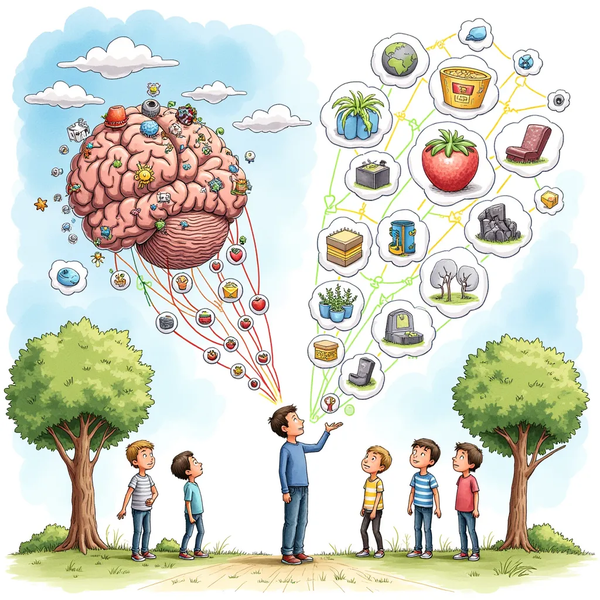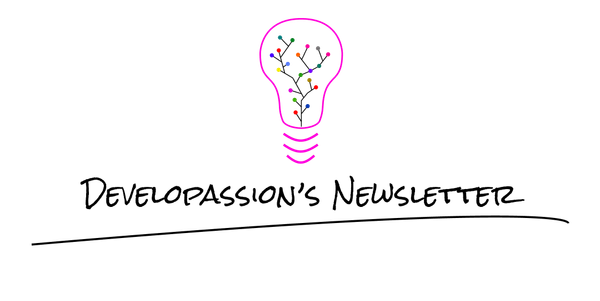Systems for health, intention, productivity, learning, knowledge, information management and control
How systems thinking can change your life

Systems thinking is a great way to approach life, personal development as well as work from a more systematic and structured point of view. Knowledge workers need to rely on a number of systems to be productive while respecting their own well-being. In this article, I want to explore the most important ones.
Health system
As knowledge workers, we need a system to take care of our health, just like anybody else. That system is the one responsible for ensuring that well-being and health are also prioritized, not just productivity, progress, and work. And it's not an option. Mind and body go hand in hand. It doesn't make sense to be highly productive for six months, then burn out and be unable to work for a year.
This system relies on awareness, planning, and self-control to help us. For this system to work, we need to plan time for ourselves in our planning, instead of letting it fill in with work and duties. This means blocking time slots to exercise, relax, meditate, etc. Time to breathe! We also need to control ourselves and act kindly towards ourselves. It's way too easy to self-criticize and self-sabotage by pushing too hard for too long. Rest is not an option, it's a key part of productivity. Rest is also critical for mental health, which in turn helps us remain motivated and able to focus for deep work sessions. Finally, awareness is essential because we need to listen to the signals and hints that our body gives us. Otherwise, we will not function in a healthy and sustainable way.
Intention system
The intention system aims to remove doubt and bring clarity. It's there to help us focus on where we want to go, what we want to achieve, and what we want our future to be like. It's not about creating desire, because that's the path toward suffering. Rather, it's about fulfillment, joy, and happiness. We need to be intentional about our future because intention is the real power that drives us and through which real motivation comes and helps us thrive.
Intention starts with life goals, from which vision can be determined, as well as short/medium and long-term goals. Intention focuses on what we want to achieve, rather than how to achieve it. This means making plans for the next ten years, the next 3, the next year, and so on.
Once we have a clear vision of our future, it's much easier to be motivated with our projects. This system's output includes vision boards, timelines, projects, milestones, and plans.
Productivity system
The productivity system is an essential one. Assuming we take care of our health and know what we want to achieve, the next best thing we can do is organize ourselves to be as effective as possible when we work towards our goals.
Again, it's not productivity at all costs. It's about zen and health-respectful productivity practices. Balance is key!
A productivity system relies on task management and backlogs. Note that those backlogs should be as small as possible and as actionable as possible. Nevertheless, backlogs are a necessary evil to keep track of what we should do next. Sometimes it's obvious, but sometimes there's just too much to keep in mind. And as I've argued in a previous article, it's best to avoid needless cognitive overhead.
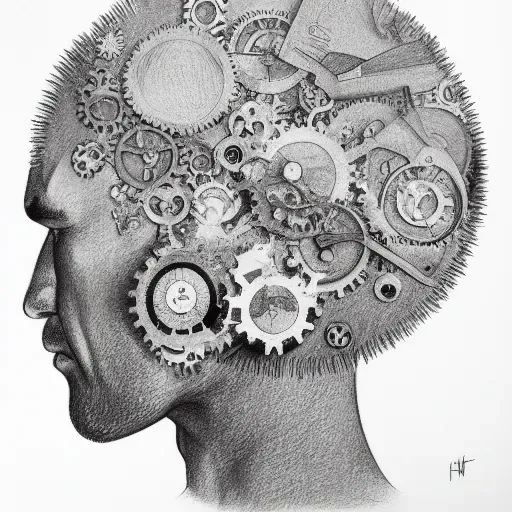
Productivity systems rely heavily on calendars (e.g., for time management and time blocking), clearly defined/documented processes and automation.
Last but not least, productivity is all about flow and focus. Enablers for those are clarity about the work to be done (cfr problem-solving 101), clear priorities and a supportive environment (e.g., a quiet place to work without distractions and without interruptions).
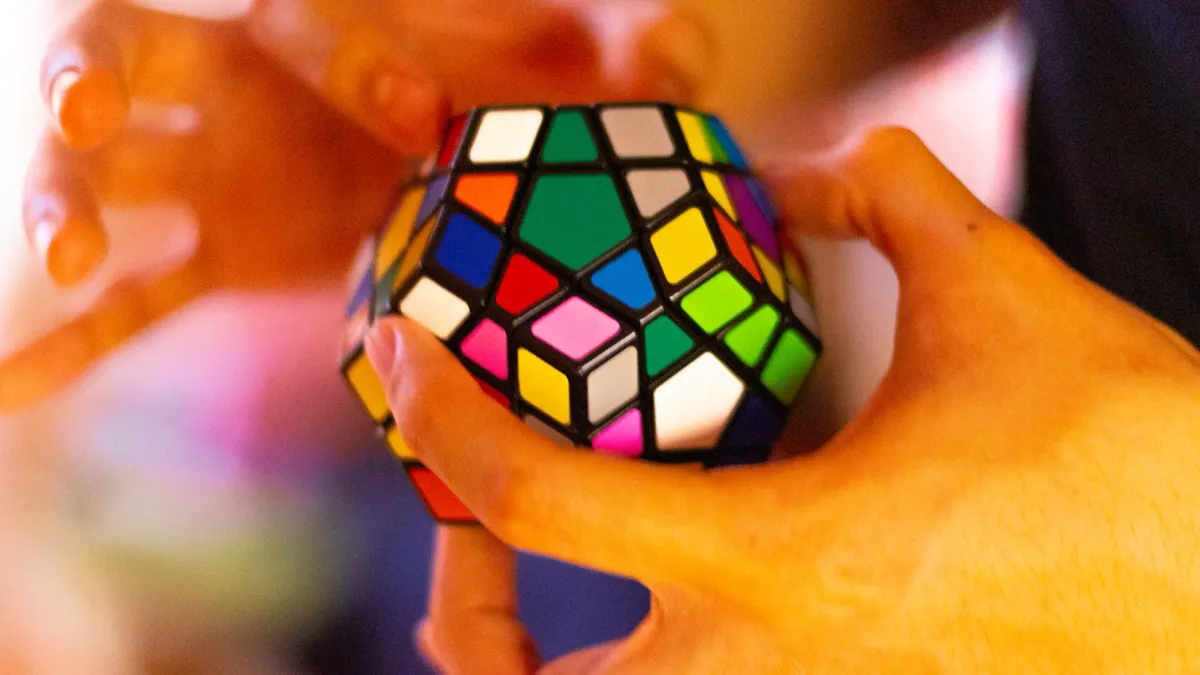
At the end of the day, zen productivity doesn't require much. With experience, minimalism becomes the obvious choice. No need for JIRA, endless meetings, tons of tools, complex workflows, etc. The less "noise" there is, the easier it is to get in the zone and be truly productive. All while avoiding the pitfalls of being busy all the time and leaning towards burnout.
Learning system
As knowledge workers, learning is at the very center of our careers. We're lifelong learners, so we need to have a system for learning. A system that ensures we get the best results whenever we need to learn something new, in terms of speed, understanding and knowledge retention.
That system requires quickly gaining an understanding of what it is we are trying to learn, how it relates to other pieces of knowledge we're already familiar with, key concepts, persons of interest (i.e., subject-matter experts), etc. That system helps us uncover the key knowledge, key concepts, and learn faster/more efficiently.
A learning system also requires a way to improve our understanding continuously. That means having a clear sense of our current weaknesses, knowledge gaps (i.e., known unknowns), and quick wins. Approaches such as the Feynman technique are very effective for that.

Depending on the reasons we learn something new, we might or might not need to spend time on memorization (e.g., when preparing for formal exams). Generally speaking, I don't care much about memorization. The act of reading/learning with laser focus (cfr the productivity system) helps me retain the essence. For the rest, I rely on my Personal Knowledge Management system. In my work (software/solution development/architecture), memorizing concepts, patterns and relationships are usually enough to be able to design solid solutions, troubleshoot most problems and deliver quality results. When memorization is a must, spaced repetition is a very effective technique.
A learning system benefits from solid note-taking skills, personal organization and other systems like productivity and Personal Knowledge Management.


Personal Knowledge Management (PKM) system
Knowledge Management is a topic that is not well-known by the vast majority of people. For some obscure reason, people seem to think that they're only allowed to count on their brains to store important knowledge. It's a sad state of affairs, and I really hope to convince more people that it's a mistake. There are much better options out there!
Once you realize that human brains are not great at retention and recall, it becomes obvious that knowledge needs to be externalized. Not only that, but the human brain's short-term memory is also way too limited and doesn't allow us to think deeply. Externalizing knowledge is key to be able to think more deeply about ideas and their relationships.
A Knowledge Management System (KMS) is a system designed to organize the knowledge of a specific person or organization. It focuses on knowledge retention and knowledge exploration. On one hand, it's about capturing and organizing knowledge. On the other, it's about discovering and exploring the relationships between the different pieces of knowledge.
Knowledge Management systems are incredibly useful on a personal level. They're like a personal knowledge base that you can enrich over the course of your life. And they're also great for teams and organizations.
A Personal Knowledge Management System (PKMS) focuses on capturing your ideas, your knowledge, and whatever inspired you. For instance, you can capture the ideas you have about a certain topic, concepts that you've just learned about, etc. You can also rely on a PKMS to store your personal journal, use it to work on your personal development, better understand yourself, keep track of your contacts, of persons you find interesting, etc. There are endless possibilities. I personally do all of the above, and also spend a lot of time exploring and combining ideas, which I would be absolutely unable to do without my PKM system.
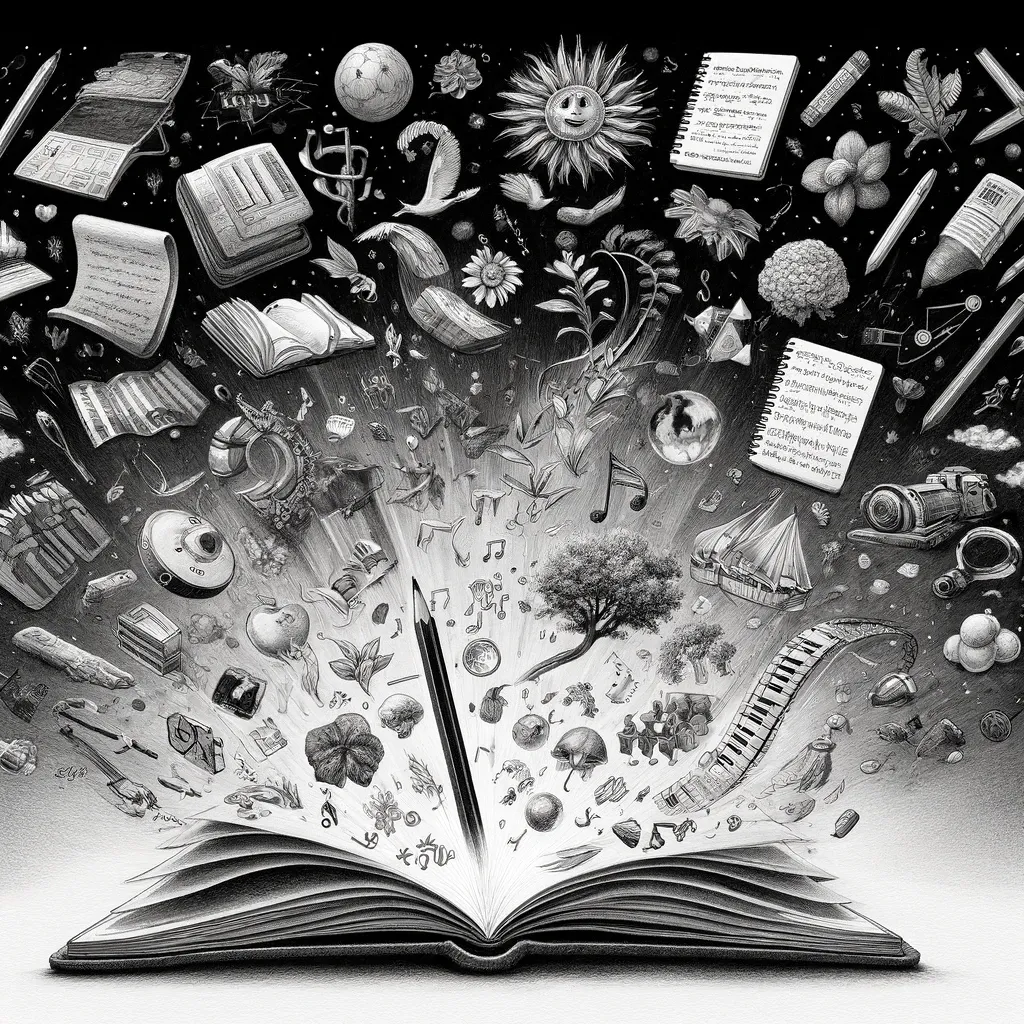
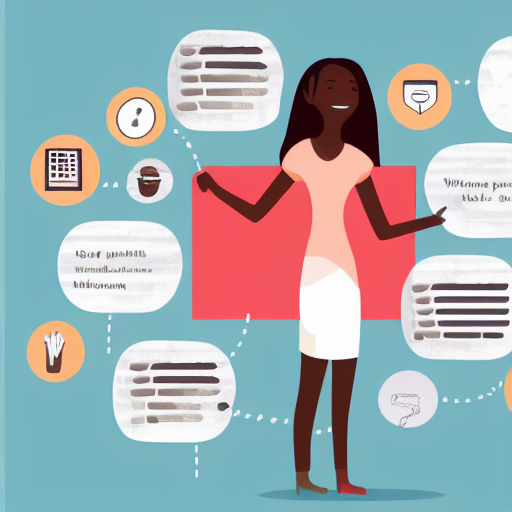
And once you're convinced, take a look at my Obsidian Starter Kit (assuming you don't want to waste time):
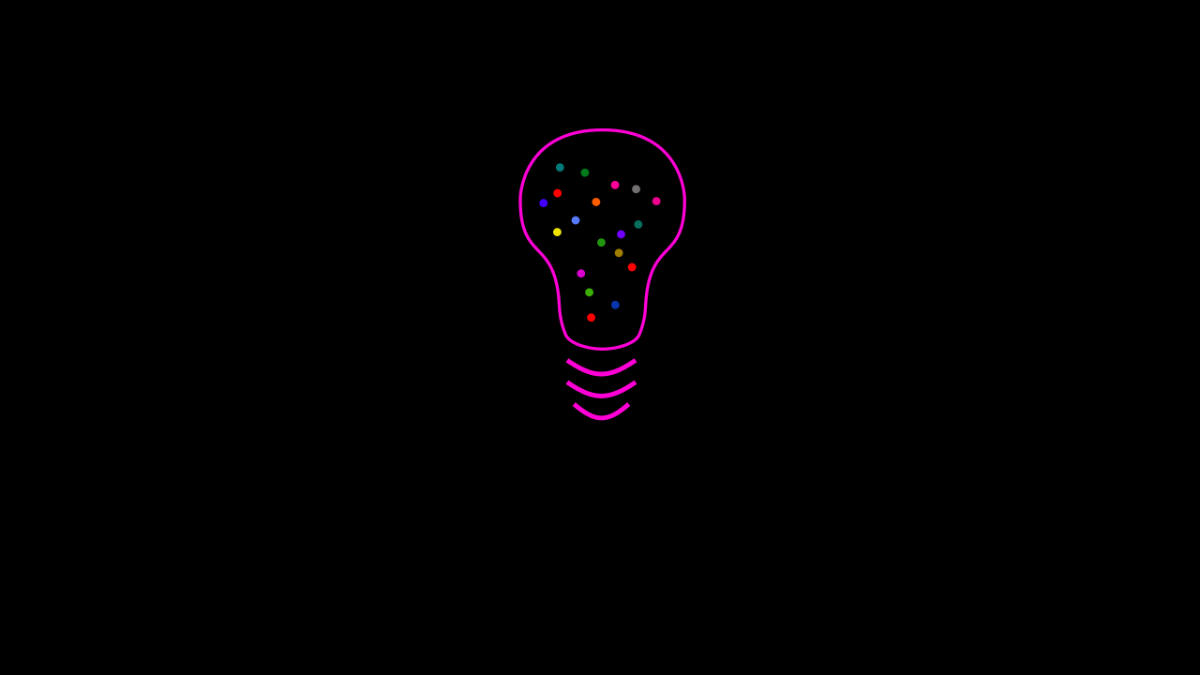
Personal Information Management (PIM) system
An often overlooked area of our lives is our personal information and personal data. For most people, those are scattered across tons of devices and systems, without much attention. Most people rely on big companies like Google, Facebook, Apple and others to store their data, and forget that it's theirs. They forget that it's their responsibility to take care of their own stuff. They forget that once something breaks or is lost, then they could end up losing precious information. As an IT person, I've been asked countless times by family members to help them recover pictures or videos from their phones or laptops. Sometimes I could save them, sometimes I couldn't. It's not something that I want to happen for myself. I have terabytes of family videos and more than 100K pictures. I care about my personal data. I care enough to know that I need to pay attention to where and how I store it.
Personal information & data include things like digital and paper documents, photos, videos, e-mail, bookmarks, conversations, music, books, podcasts, movies, search/location history, source code, creations of all sorts (e.g., drawings, paintings, poems, essays, ...), contacts, etc.
A Personal Information Management system focuses on how and where information is stored. It focuses on how it is organized, backed up, duplicated, etc. I've argued in the past that one needs a single source of truth for their PKM, but it's also true for personal data and personal information.
Whether you want it or not, you do have a Personal Information Management system. The thing is that if you don't design it properly, then you end up with an unmanageable and insecure mess. It's then very easy to lose data that you care about.
Once you realize the risks and the pain that this can cause, you can start asking yourself important questions:
- Where do I store x y and z now? Why? It it a good idea?
- What happens if my e-mail is compromised or if I lose access to my account?
- What happens if that computer goes up in flames?
- What if I lose my smartphone? Will I lose anything?
- If something happens to me then will my friends/family still have access to my information? Will they know where to look?
- ...
And many more like those.
I was lucky enough to build myself a rock-solid Personal Information Management system a long time ago out of passion. And I'm grateful I have it!
Control system
Last but not least, the control system is the one responsible for helping you remain aware, focused, objective, realistic and healthy. The control system is all about self-control and continuous improvement.
This system forces us to look back using periodic reviews, through which we can determine what we did well, what we could have done better, etc.

Most importantly, it relies on routines, habits, rituals, practices, exercises and meditation to keep us on the right track. These set the rhythm of our lives, make us more present in the moment, channel our attention, etc.
Conclusion
In this article, I've listed and described the systems that I believe are key for personal development, well-being, productivity, growth and success.
Systems thinking can help you approach everything more thoughtfully, and become much more structured/systematic. In turn, this can make a huge difference in your life.
About Sébastien
I am Sébastien Dubois. You can follow me on X 🐦 and on BlueSky 🦋.
I am an author, founder, and coach. I write books and articles about Knowledge Work, Personal Knowledge Management, Note-taking, Lifelong Learning, Personal Organization, and Zen Productivity. I also craft lovely digital products . You can learn more about my projects here.
If you want to follow my work, then become a member.
Ready to get to the next level?
To embark on your Knowledge Management journey, consider investing in resources that will equip you with the tools and strategies you need. Check out the Obsidian Starter Kit and the accompanying video course. It will give you a rock-solid starting point for your note-taking and Knowledge Management efforts.
If you want to take a more holistic approach, then the Knowledge Worker Kit is for you. It covers PKM, but expands into productivity, personal organization, project/task management, and more:
If you are in a hurry, then do not hesitate to book a coaching session with me:



